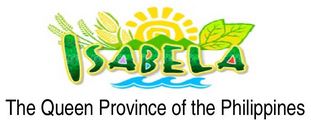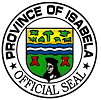
|
Tourism Development |
||||||||||||||||||||||||||||||||||||||||||||||||||||||||||||||||||||||||||||||||||||||||||||||||||||||||||||||||||
|
TOURISM IN THE PROVINCE OF ISABELA The province is endowed with several man-made and natural tourist attractions. Powdery white beaches and warm beds of crystalline waters span the shoreline of the coastal municipalities of Palanan, Divilacan, Maconacon and Dinapigue. The Digoyo Point and the Aguinaldo Shrine, both located at Palanan are historically famous being the sites of important political events. The Sierra Madre is also home to a wide variety of flora and fauna with 60 percent of the Philippine endemic species present in the area. It covers a total area of 359,000 hectares of both marine and terrestrial ecosystems. It is the richest in terms of genetic species and habitat diversity. Several caves, waterfalls and other natural wonders are also potentials for tourism development. For man-made attractions, the province boasts of hosting the Magat River Dam, the Asia’s biggest dam, famous churches and historical spots. Gifted with numerous natural and man-made tourist treasures, Isabela is now frequently visited by local visitors and foreigners. The province is endowed with powdery white beaches and warm beds of crystalline waters which span the shoreline of the coastal municipalities of Palanan, Divilacan, Maconacon and Dinapigue. The Digoyo Point and the Aguinaldo Shrine, both located at Palanan are historically famous being the sites of important political events. Except for Dinapigue that can now be reached by land, the towns of Palanan, Divilacan and Maconacon are reachable by foot, by boat or by plane. The churches of Gamu, Tumauini, Alicia and San Pablo are famous for their gleaming antiquated Spanish architectural designs, while the modern ones include the Catholic churches of City of Ilagan, Cauayan City and Santiago City and those of other religious sects like Mormons and Iglesia Ni Cristo. St. Michael Cathedral located at Gamu is considered the biggest church in the province today.
TOWN FIESTA/ FESTIVAL OF VARIOUS MUNICIPALITIES
|
|
Foreign Investment Vehicles |
|
Anyone, regardless of nationality, is welcome to do business and invest in the Philippines, in almost all areas of economic activities provided these are not listed in the Foreign Investments Negative List (FINL) of the Foreign Investments Act of 1991 (Republic Act 7042, as amended by Republic Act 8179). Foreign nationals are allowed to invest 100% equity in companies engaged in business subject to restrictions as prescribed in the FINL, a shortlist of investment areas which may be opened to foreign investors and/or reserved for Filipino citizens. If the proposed venture is not in an activity listed in the FINL, foreigners may invest up to 100% capital in a domestic entity if the paid-up capital is at least US$200,000.00, which may be lowered to US$ 100,000.00 if advanced technology is introduced or at least 50 direct employees are employed. With or without incentives, doing business in the Philippines requires prior registration with the Securities and Exchange Commission (SEC) for corporations or partnerships, or the Department of Trade and Industry (DTI) for sole proprietorship. Other types of business enterprises that may be set up under foreign laws that require SEC/DTI registration are branch offices, representative or liaison offices, regional headquarters, and regional operating headquarters. After SEC registration, enterprises seeking to remit profits and dividends or repatriate capital abroad may register their inward remittance with the Bangko Sentral ng Pilipinas (BSP). For this purpose, BSP rules and regulations covering procedures for registration of foreign investments are observed. The Foreign Investments Act recognizes the rights of former natural born Filipinos. They are granted the same investment rights as Filipino citizen in activities such as cooperatives, thrift banks, rural banks and financing companies. Those who have the legal capacity to enter into a contract under Philippine laws may be transferees of private land to be used for business or other purposes up to a maximum area of 5,000 square meters in the case of urban land or three hectares in the case of rural land. |
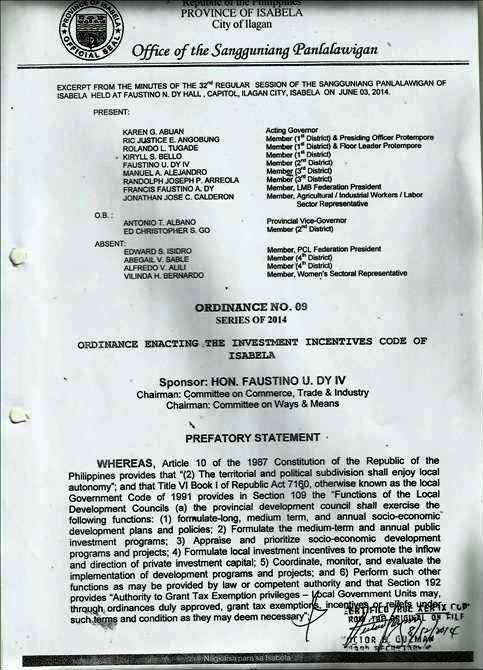
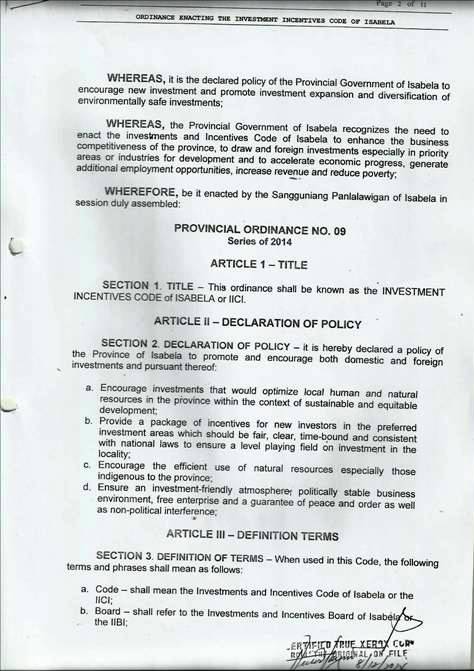
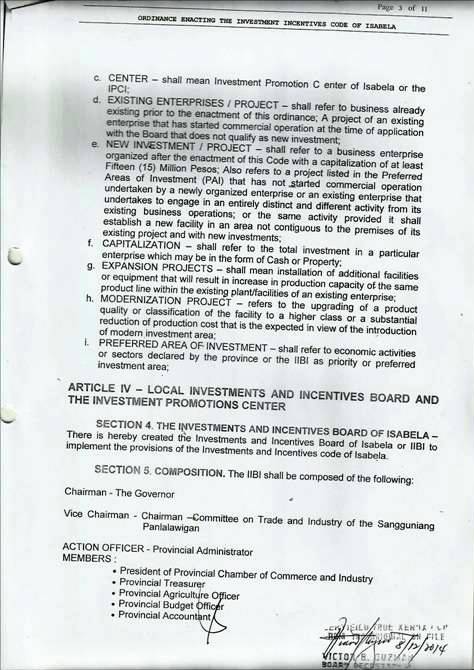
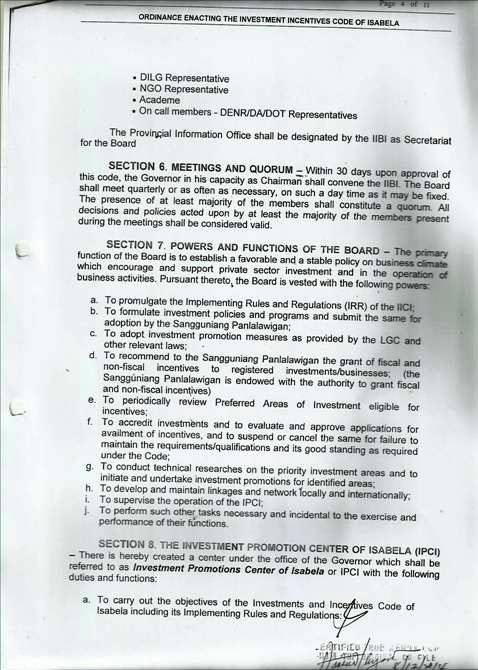
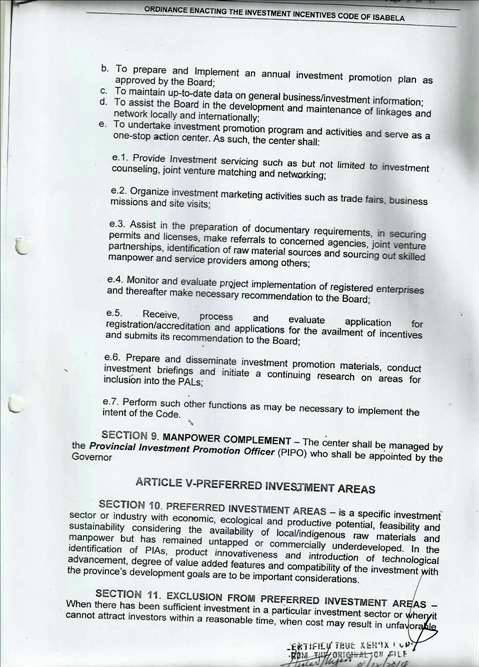
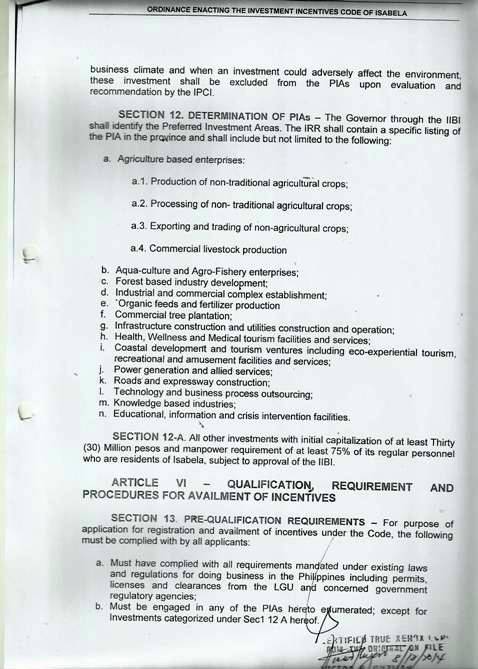
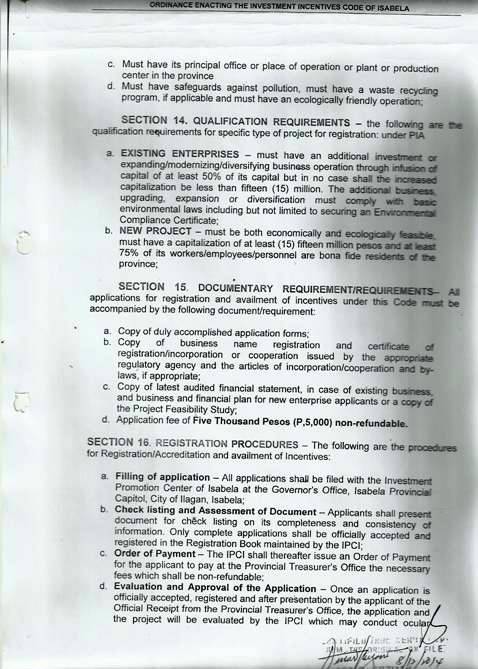
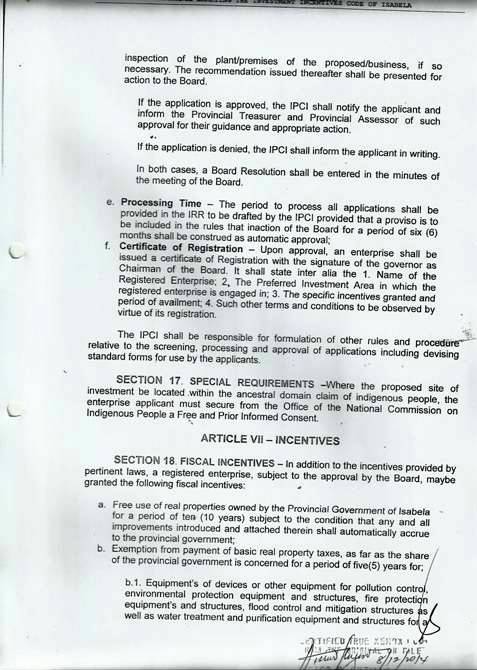
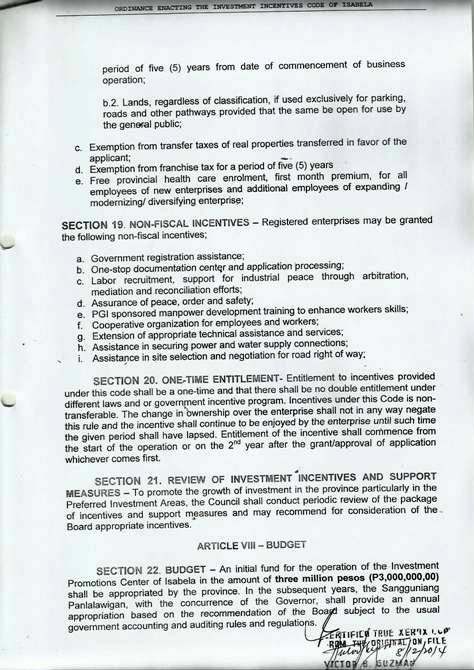
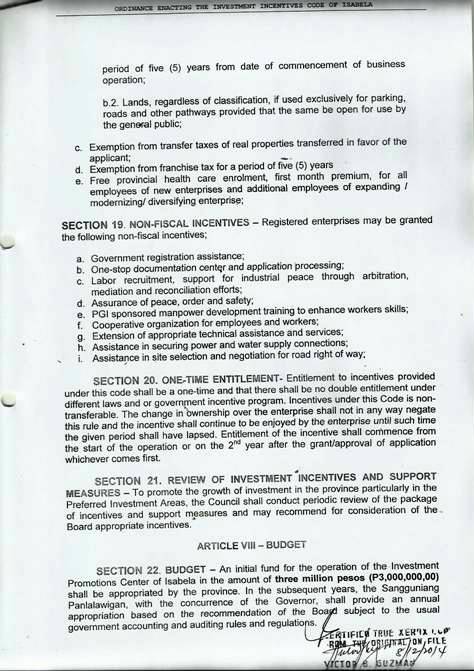
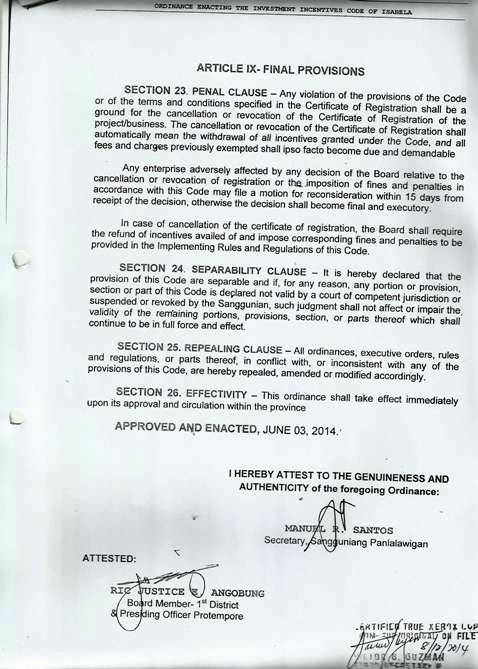
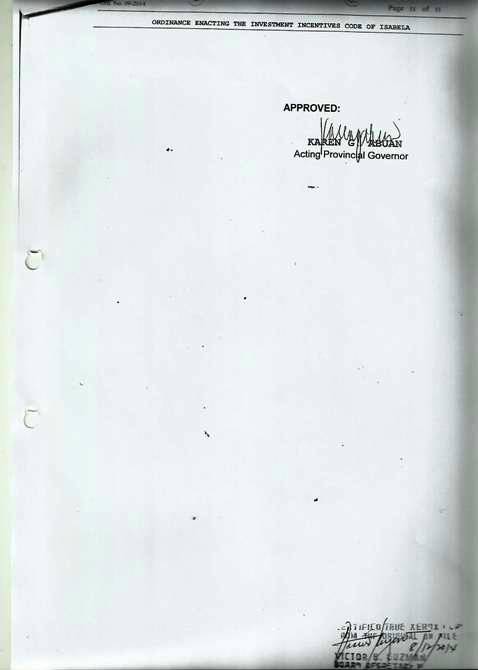
|
Forex Repatriation & Investment Protection |
|
Foreign investors have the right to repatriate the entire liquidation proceeds of their investment in the currency in which the investment was originally made at the exchange rate prevailing at the time of repatriation. They also have the right to remit their earnings from the investment or such sums as may be necessary to meet the payment of interest and the principal on foreign loans and obligations arising from technological assistance contracts. There shall be no expropriation by the government of the property represented by the investment of property of enterprises except for public use or in the interest of national welfare and defense, and upon payment of just compensation. In such cases, foreign investors or registered enterprises shall have the right to remit sums received as compensation for the expropriated property in the original currency at the prevailing exchange rate. Furthermore, there shall be no requisition fo the same property except in the event of war or national emergency and only for the duration. Just compensation for the requisitioned property may also be remitted in the original currency at the prevailing exchange rate. In addition, investors are accorded the following under various agreements entered into by the Philippines and foreign states:
|
